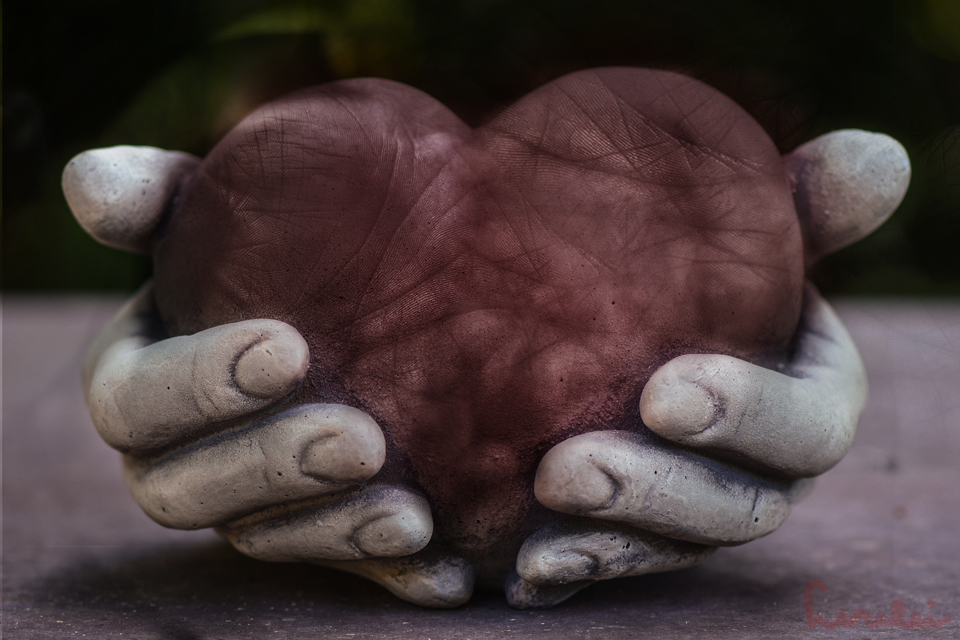 Ever feel numb, like your heart has developed callouses? Sometimes we have to see someone else with what we yearned for to penetrate the callouses and remind us of our deep desires. To make us admit the loss we keep denying. This happened to me today. I saw a photo on FB (I know, big danger!) of lifelong friends who have something we long for. (Not material possessions). That photo cut through my heart callouses and brought me to tears. Oh, I’m completely happy for them and recognize the many things they did right to arrive at this point, but I allowed myself to grieve what we don’t have. I recognize the many things we did wrong to arrive where we are. And I allowed myself to face the pain.
Ever feel numb, like your heart has developed callouses? Sometimes we have to see someone else with what we yearned for to penetrate the callouses and remind us of our deep desires. To make us admit the loss we keep denying. This happened to me today. I saw a photo on FB (I know, big danger!) of lifelong friends who have something we long for. (Not material possessions). That photo cut through my heart callouses and brought me to tears. Oh, I’m completely happy for them and recognize the many things they did right to arrive at this point, but I allowed myself to grieve what we don’t have. I recognize the many things we did wrong to arrive where we are. And I allowed myself to face the pain.
When things hurt repeatedly we turn away and try not to think about it, hoping it will go away and leave us alone. Our hopes haven’t come to fruition and so we quit hoping. We push down our disappointment and try to affirm the positive to the point that we’re denying our hurt. But denial and dishonesty make us pay a high price in mental, spiritual and physical health. Denial dries us up on the inside. We become crusty and calloused instead of soft and responsive.
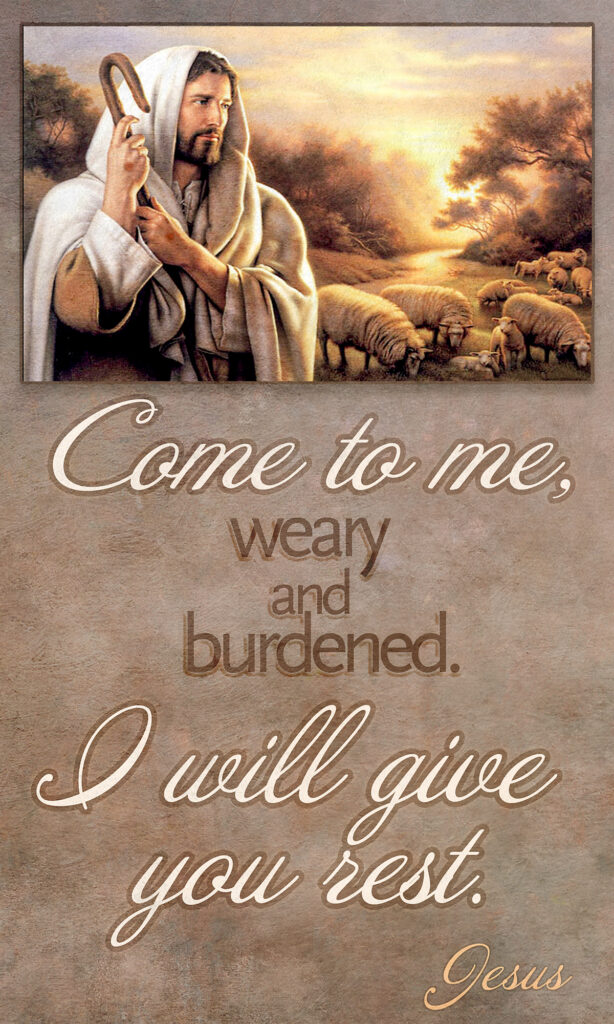
So now that we’ve admitted it, what do we do with this grief, disappointment, and pain? We know God doesn’t want us to be overcome with pain and sorrow. He sure doesn’t want it to become our identity. He is a forgiving God who takes us beyond our failures. A Shepherd who leads us gently forward. A Father who knows our weaknesses. A Friend who experienced all our emotions but didn’t sin. How can we acknowledge our pain, but not be controlled by it? How can we acknowledge our sins, but not be beat down by guilt? How can we acknowledge disappointment without losing hope? How can we acknowledge our impulse to run away and self-protect, but stay to be available and honest?
We can only survive and thrive with God’s help. He invites us to come to him with all our hurts and guilt. He already knows them all but delights in our honesty with him. He knows we need to admit it all to him. Honestly admitting our disappointments allows him to meet us in our pain and bring his healing.
I love how honest Abram (this happened before God gave him the new name, Abraham) was with the God of the universe. He clearly stated his heartache. He even had the audacity to blame God for it.
“After this, the word of the Lord came to Abram in a vision:
“Do not be afraid, Abram.
I am your shield,
your very great reward.”
But Abram said, “Sovereign Lord, what can you give me [reward me with] since I remain childless . . . You have given me no children; so a servant in my household will be my heir.”
Then the word of the Lord came to him: “This man will not be your heir, but a son who is your own flesh and blood will be your heir.” He took him outside and said, “Look up at the sky and count the stars—if indeed you can count them.” Then he said to him, “So shall your offspring be.”
Abram believed the Lord, and he credited it to him as righteousness.” Genesis 15:1-6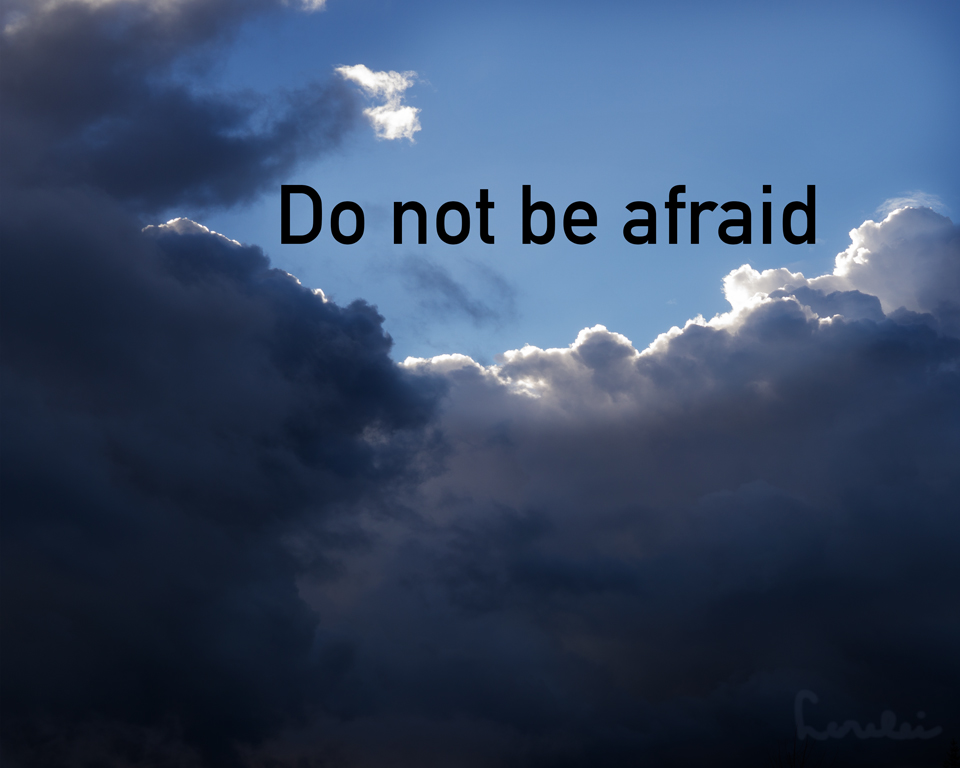
God wasn’t put off by Abraham’s pain or his accusation. Instead God tenderly, but directly confronted the issue. Interestingly, God’s first words were, “Do not be afraid, Abram.” At the heart of our pain is fear. We’re afraid that things will never improve. We’re afraid our pain will consume us. We’re afraid God doesn’t care. We’re afraid of the future.
Then God said a surprising thing that didn’t seem to have a bearing on the problem at hand. ‘I am your shield’. Perhaps God wanted Abram to know that God, himself, was between Abram and the problem. Nothing could destroy him as long as God was shielding him. No matter what the pain and loss, he was safe.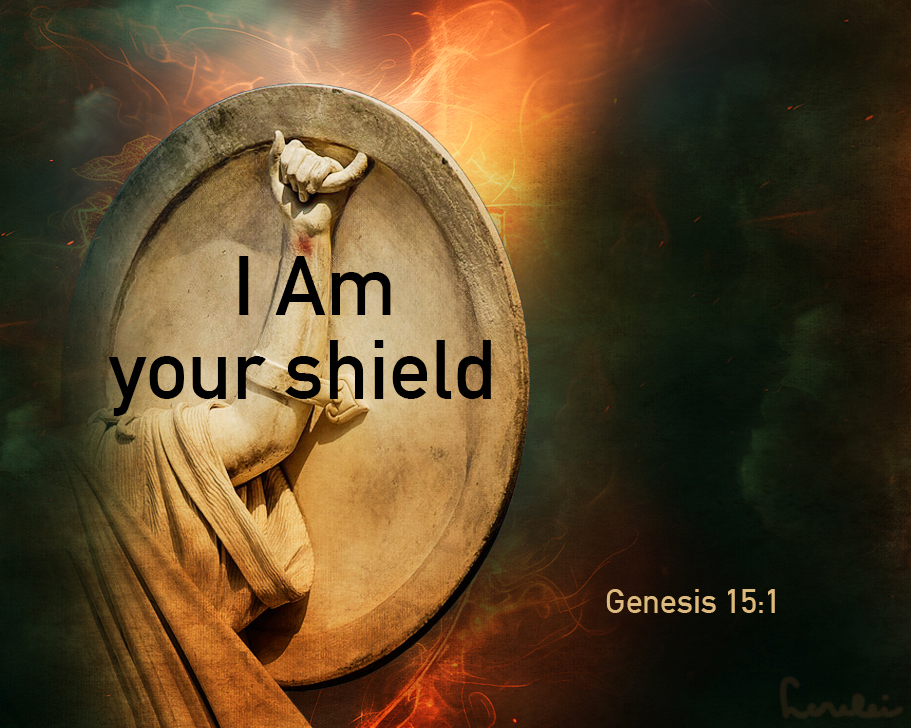
Next God declared that God, himself, was the good thing that Abraham would receive. “I am . . . your very great reward.” Oh, I wish I could grasp this better! Everything I truly want and need is in God. His presence is the salve for every hurt. He turns my heart to enjoy all the good that he is. And yes, he does use others, but love from others is from God. We could have everything we want, but still be miserable if we don’t have a close relationship with God.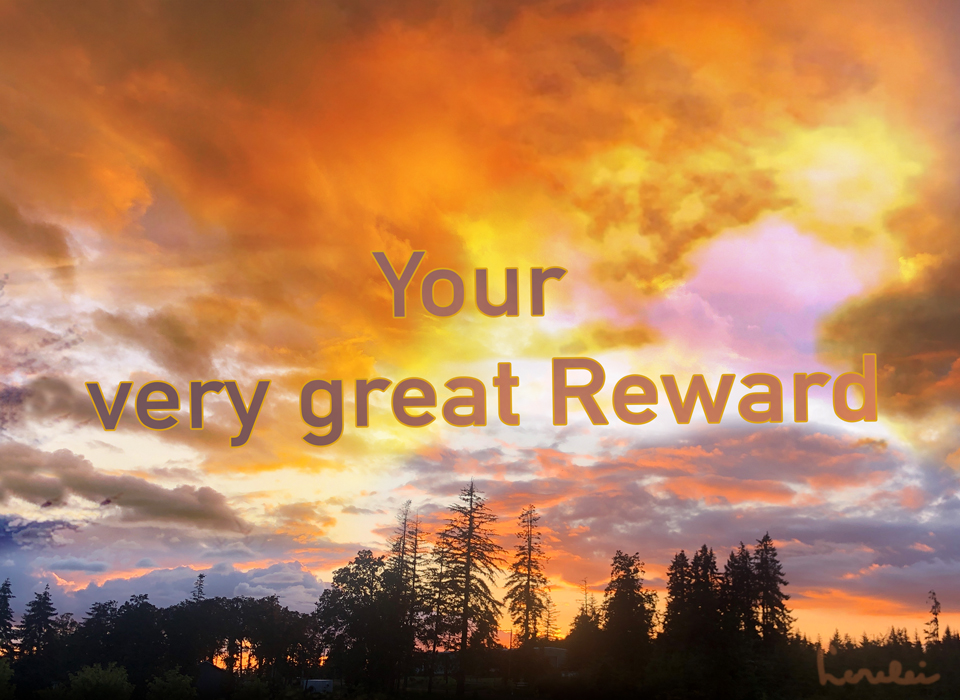
Then Abram does exactly what we do. We’re focused on the hurt and loss and want to know what God is going to do about what we don’t have instead of being grateful for what we do have. Basically Abram said, “What can you give me since you haven’t given me what I wanted so much? Other blessings are nothing compared to what you haven’t given me.” Ouch! Yet, God didn’t take offense.
In this case, God promised to give him what he longed for- a son and heir. But can you imagine how hard it would have been for a 76 year old man married to a 66 year old wife to embrace this absurd promise?! Yet somehow Abram understood that God is God and can do anything he promises. He believed God’s outrageous promise. But the happy ending didn’t happen right away. It wouldn’t be until Abraham (now renamed) was 100 and Sarah was 90 years old that God made good on his promise. However at 86, Abraham, worn down by waiting, agreed to a plan Sarah hatched. They had grown impatient (who wouldn’t have?!) and engineered a plan to get a child outside of God’s plan. Yet God mercifully kept his promise despite their impatience. Finally, fourteen years later, the couple was blessed with the promised child of their own.
Now you may be saying, “Fine. But God did give them what they wanted in the end. He hasn’t given me what I want.” Are you 90 or 100 years old yet? Yes, we may have to wait a lifetime to see God’s answer to our prayer. Or we may never receive what we desire. Unlike Abraham, God may not have given us a promise that he would fulfill our hope. But he still speaks these words to us,
“Do not be afraid.
I am your shield,
your very great reward.”
No matter what we longed for and didn’t receive, we still have God with us in this life and even closer in the next life. God himself is our comfort, our protection, and our reward.
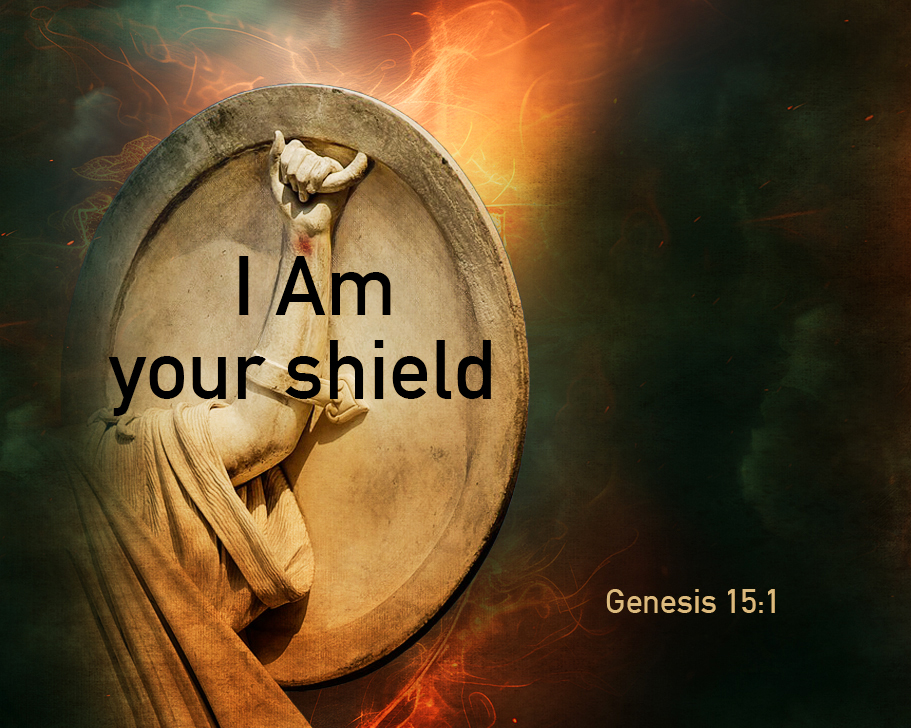

Beautiful words. I wish I could pray away more of the pain. I keep trying
Much love to you always
Keep seeking, dear friend. He will show you. Sending much love back.
My hope is in you Lord. May I put that hope on each day and wear it confidently .
Yes! Our only hope!